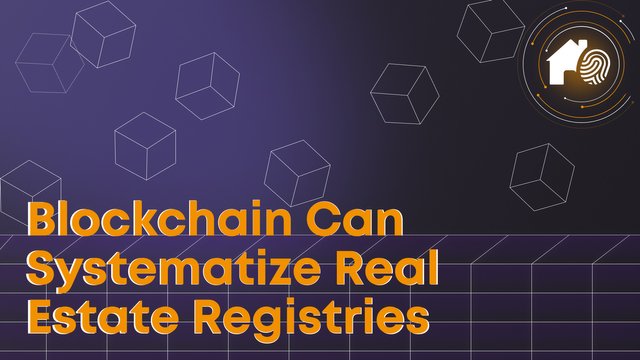Buying a property is serious business, and access to accurate, timely, and reliable property information is not just a luxury, but a necessity. Yet, with over 193 different real estate registers globally, the complications arising from disconnected data systems are manifold. The disjointed data not only impedes real estate processes but also exposes buyers and sellers to potential risks due to lack of complete information.

193+ Registers Today
Imagine the Tower of Babel, where a single project fragmented into chaos due to miscommunication and lack of coherence. Similarly, the multitude of real estate registers today has led to a cacophony in property information. Each national data hub operates on its own set of rules, languages, and criteria, often causing legal chaos.
- Inconsistency in data. Different countries have different standards, leading to discrepancies in property valuations, specifications, and ownership details.
2, Difficulty in cross-border deals. For investors looking beyond their borders, navigating through multiple real estate registers is a daunting task, causing delays and increasing transaction costs. - Lack of transparency. With no single source of truth, fraud can easily fly under the radar. Duplicate listings, ghost properties, or concealed ownership chains become challenging to detect.
For international real estate investors (or just those who consider purchasing a property abroad), this disarray amplifies their investment risks. However, what if there was a unified solution that could seamlessly tie these disparate threads together?
One Blockchain Register: A Singular Source of Truth
Many people associate blockchain with bitcoin, but in fact this technology is widely used outside of digital currencies. At its core, blockchain is a decentralized, transparent, and immutable ledger system. These attributes make it an ideal solution for the fragmented world of real estate registers.
Instead of relying on multiple centralized databases, blockchain distributes data across a global network of computers. This means no single entity owns the register, reducing the chances of tampering and fraud.
Every transaction on a blockchain is visible to all members of the network. When applied to real estate, this ensures all property details, ownership transfers, and valuation changes are open for verification by any interested party.
Once data is stored on a blockchain, it's impossible to alter without consensus from the network. This feature can significantly reduce fraudulent activities in the real estate sector, as unauthorized changes to property details or ownership would be immediately detected.
Tokenized Real Estate Projects
The integration of blockchain with real estate doesn't stop at unifying registers. Tokenization, a process of converting real-world assets into digital tokens on a blockchain, can redefine how we view property investments.
Traditionally, real estate is seen as a non-liquid asset. But with tokenization, property tokens can be traded on secondary markets, offering greater liquidity to real estate investments. Also, with tokenized properties on a global blockchain register, investors can seamlessly invest in properties worldwide, without the hassle of navigating through hundreds of national data hubs.
As for today, there are several dozens of tokenized real estate projects on the market. One of them is Home Key. Blockchain and other innovative technologies allow customers to get a house for the price of an apartment, as well as receive higher interest on investments compared to non-tokenized real estate.